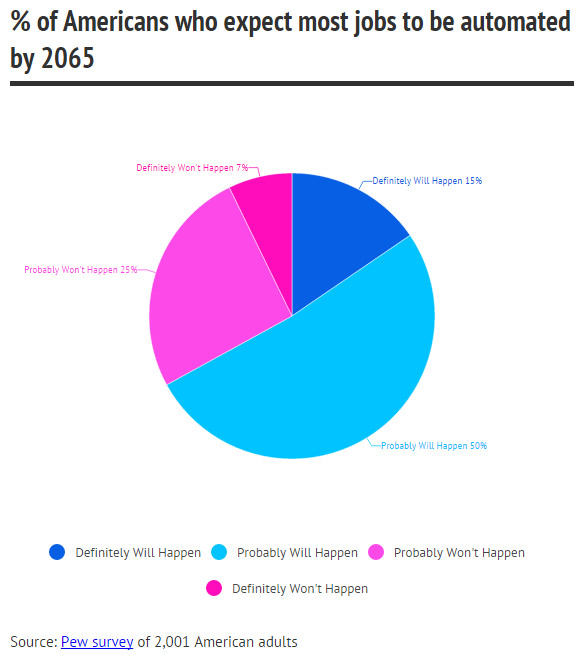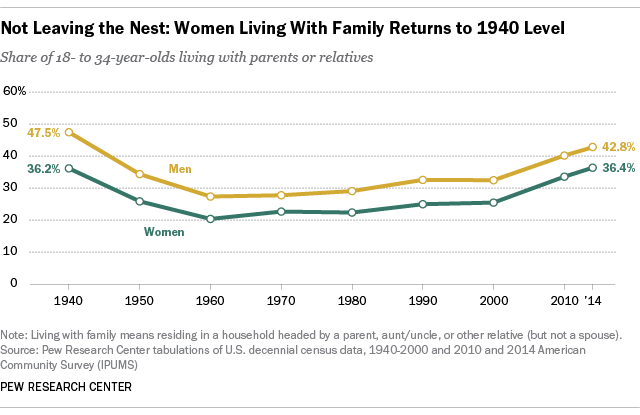
- Automation, not cheap labor, is reshaping outsourcing
One process that has taken off is called “Robotic Process Automation (RPA),” a term given to a virtual machine that takes over some of the applications and workflows managed by workers. These systems don’t directly replace humans, but take structured tasks and automate them, with users saving as much as much as 15%, said Karamouzis.
http://www.computerworld.com/article/3083264/it-careers/automation-not-cheap-labor-is-reshaping-outsourcing.html
What’s Next for Artificial IntelligenceWe need to update the New Deal for the 21st century and establish a trainee program for the new jobs artificial intelligence will create. We need to retrain truck drivers and office assistants to create data analysts, trip optimizers and other professionals we don’t yet know we need. It would have been impossible for an antebellum farmer to imagine his son becoming an electrician, and it’s impossible to say what new jobs AI will create. But it’s clear that drastic measures are necessary if we want to transition from an industrial society to an age of intelligent machines.
http://www.wsj.com/articles/whats-next-for-artificial-intelligence-1465827619
- John Oliver on Retirement Plans (warning: bad language):
- Ignoring People for Phones Is the New Normal
The most interesting thing this study found was that people who reported phubbing more often were also more likely to be phubbed themselves. The authors, from the University of Kent, suggest several possible reasons for this. One is a simple retaliation—if you’re trying to talk to someone, and they’re on their phone, well, two can play at that game.
http://www.theatlantic.com/technology/archive/2016/06/ignoring-people-for-phones-is-the-new-normal-phubbing-study/486845/
Note: “phubbing”—a portmanteau of “phone” and “snubbing.” - Why Leadership Development Needs to Be Updated
As it is, 61 percent of North American employees surveyed by Achievers in 2015 said they don’t know their company’s mission. When coaches are in control, leaders receive inconsistent training that doesn’t align with company practices and values, and they can’t reinforce the mission to employees.
Employers need to take back the control and launch leadership development programs consistent with the company mission, values and goals. This way, development and training aligns with the ROI and metrics companies want — not what the coaches want.
- Building A High-Performance Sourcing Department: Hire High-Performance Sourcers
Before you can hire high-performance sourcers you need to know what the definition of a good sourcer. Great sourcers are individuals who possess two skills sets that might appear to be polar opposites. They possess strong analytical research skills and outstanding verbal and written communication skills. According to sourcing pioneer Harry Ensley, Director of Global Talent Acquisition at Sun Life Financial, a great sourcer is often a strong recruiter, but a good recruiter is not necessarily a good sourcer.
Photo: Priscilla Westra







